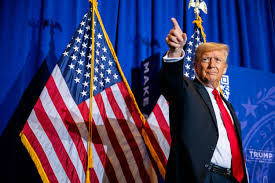Psychologists and neuroscientists and philosophers of course do not. They wonder what consciousness is, who ‘I’ am, what 'the mind' is that experiences the outside world, and an inner world, as ‘me’. They’re hard at it more than ever these days and will never stop.
I’m not a neuroscientist, a certificated psychologist and not, I rather hope, a philosopher, which sounds a stuffy thing to be. But I have an answer for me myself that may network with you yourself - if we've connected so far.
Remember when you were a child? How the world was exactly like it seemed - real? You didn’t know about the difference between reality and perception and so never had any illusions. Santa Claus and the Tooth Fairy visited. Even now, it is forever warm summer teatime in the garden with the fresh green smell of someone mowing the grass, and Mum and Dad and your sister there, with you always.
“We do not know the substance of things, we have no idea of them,” wrote Isaac Newton, around the time grown-ups were starting to enquire in earnest about such matters - to reason scientifically. As children, we didn’t know philosophers and thinkers had spotted, perhaps always known, the world could not be just as we see, hear, touch, taste and smell it: in other words, fully known through our senses. It didn’t occur to us in childhood that we were part of what the world was and, as part of it, must partly create it*. As adults, the evidence is there, as plain as it could be, in everyone conceiving the world and themselves within it differently.
The question today is to what extent we create reality. That can lead, for the perverse, to whether there is reality and us in it at all, when a myriad of virtual worlds is now ‘fact’.
But at least how we create the world and us in it seems to have become clear: we couldn’t do it without our bodies. Without our bodies, there is no world. As we build cities and plan to visit other planets, real or imaginary, our bodies, when aroused, declare us in love; our face flushes when we’re flattered or angry; tears flow when we're sad; in danger, we find our legs quick to run away; our arms and hands move to write something serious down, or pick up a cup.
Our bodies, with our brains as control centre, grapple with the world as part of the world. Like the child knows its body is everything, we can know the idea that ‘I think, therefore I am’ is not everything. Our body is our actions, our perceptions, beliefs, hopes and dreams, our understanding and what makes up what we call our consciousness. Me. You. Everybody.
*In philosophical terms, we did not know about Kant's separation of subject and object.
My wonderful sister Barbara left her world and ours last night







